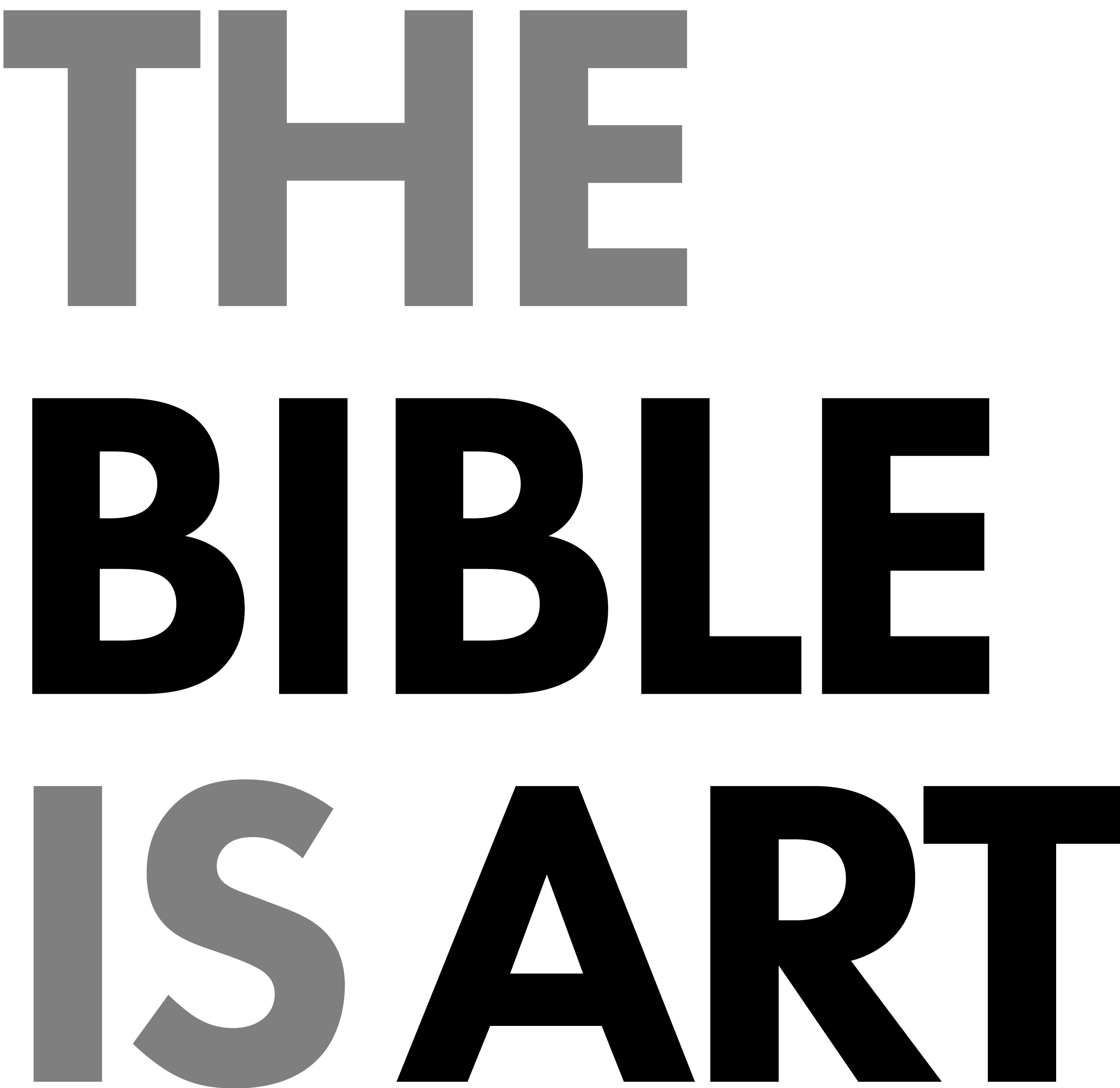Fokkelman on Insufficient Literary Training
“Historical-critical scholarship has received insufficient literary training, or no training at all, with fatal consequences. The story-tellers, the law-makers, and the poets of Tanakh have worked at all text levels, and shaped them, in a conscious, well-trained and sophisticated way. The text model that I have developed in my Samuel studies distinguishes six levels of texture and six levels of (structure, or rather) composition. On all these levels the text can be shown to be a genuine artifact. This testifies to and presupposes a thorough literary training on the side of the writers or editors; so the least we can do to make for a competent response as interpreters is to analyse and describe their work on all levels, and to understand it better and reinterpret it on the basis of integrating the data and the links between these synchronic layers. We emulate the literary training of the authors by discovering and re-enacting the figures, the structures and the conventions present in the work of art. After having completed this course of discoveries, we have laid the basis for a responsible handling of the big questions: about the values and the truth of the text.
A lack of literary training leads many scholars in an early phase of textual study to fall back on tacit, negative value judgments that are made beforehand (like: the text does not fit, it is not logical, it exhibits tensions, seams, or duplications, and the like) and in this way determine and jeopardise the continuation of their study. From this moment on the historical-critical scholar steps out of the dialogue with the text and limits himself to genetic interrogation – a treatment no text was ever attuned to.”
